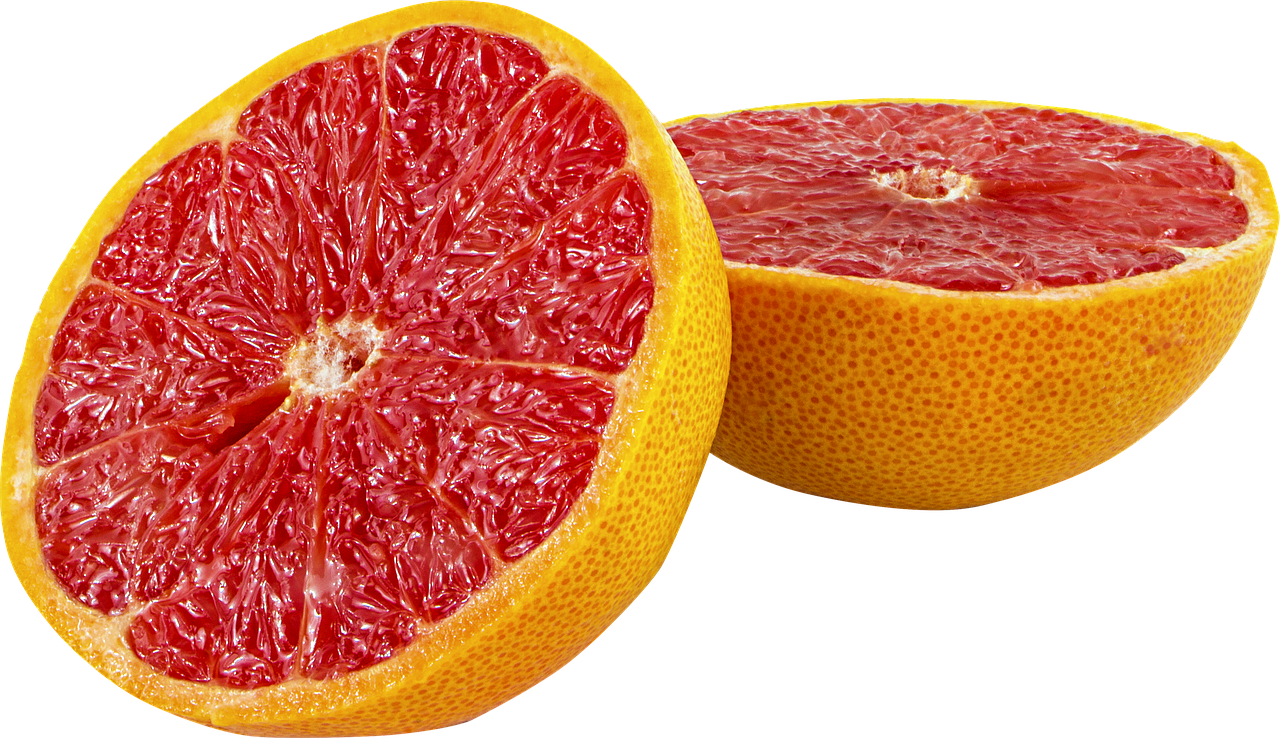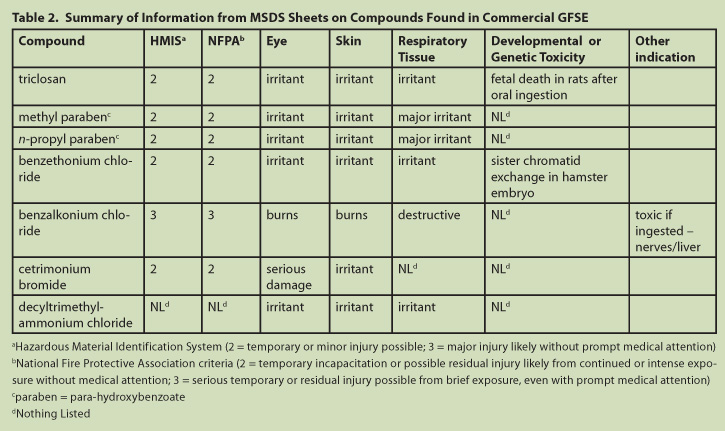With grapefruits coming into season, I decided to research making my own grapefruit seed extract. All the seeds, pulp, and white membranes that are left over from the juicing process are the key ingredients used to make medicinal tinctures or capsules of grapefruit seed extract. However, I was sadly disappointed to find it’s not a straightforward or simple processes at all.
Most of the extracts that are available in the form of capsules, tinctures, or as an additive in cosmetic or cleaning products are made by a process with chemicals (such as triclosan, methyl paraben, n-propyl paraben, benzethonium chloride, benzalkonium chloride, centrimonium bromide, and decyclytrimethyl-ammonium chloride) that are carcinogens, endocrine disrupters, allergy sensitizers, and environmental pollutants. The resulting antimicrobial product labeled “grapefruit seed extract” or GSE is actually partially made up of a group of quaternary ammonium chlorides, including benzethonium chloride, that are not naturally occurring in grapefruit seeds. This process though, results in a product that IS antibacterial, antiviral, antimicrobial, and anti-fungal, but not because of the the grapefruit seeds themselves, but because of the process. Pure cold pressed grapefruit seed extract has no antimicrobial properties.
The moral to this story? Eat more grapefruits (especially local and organic ones), and avoid GSE.
More Good Sources on the Subject:
http://medherb.com/eletter/GSE-Caldecott.pdf
http://www.terressentials.com/takeokagrapefruitseed.pdf
http://cms.herbalgram.org/herbalgram/issue94/QUALCONTROL_gfse.html
http://www.ars.usda.gov/research/projects/projects.htm?ACCN_NO=409089
http://www.naturalingredient.org/Articles/Report0520.pdf
http://www.ncbi.nlm.nih.gov/pubmed/10399191
Similar Stories:
- Health and Environmental Hazards of GMOs: An Annotated Bibliography.
- Federally Funded Grants for US Farmers
- How To Grow Stevia and Make Your Own Extract
- Seeds to start now for spring planting
- Soil Blocks for Seed Starting





